NIL
Otega Oweh rejects narrative NIL changed college locker rooms
After going through the NBA Draft Combine/NBA Draft process, All-SEC guard Otega Oweh is returning to Kentucky for his senior season of college basketball. Oweh, who averaged 16.2 points, 4.7 rebounds and 1.7 assists last season, is set to be one of the premier faces of the sport this fall. That means he can once […]
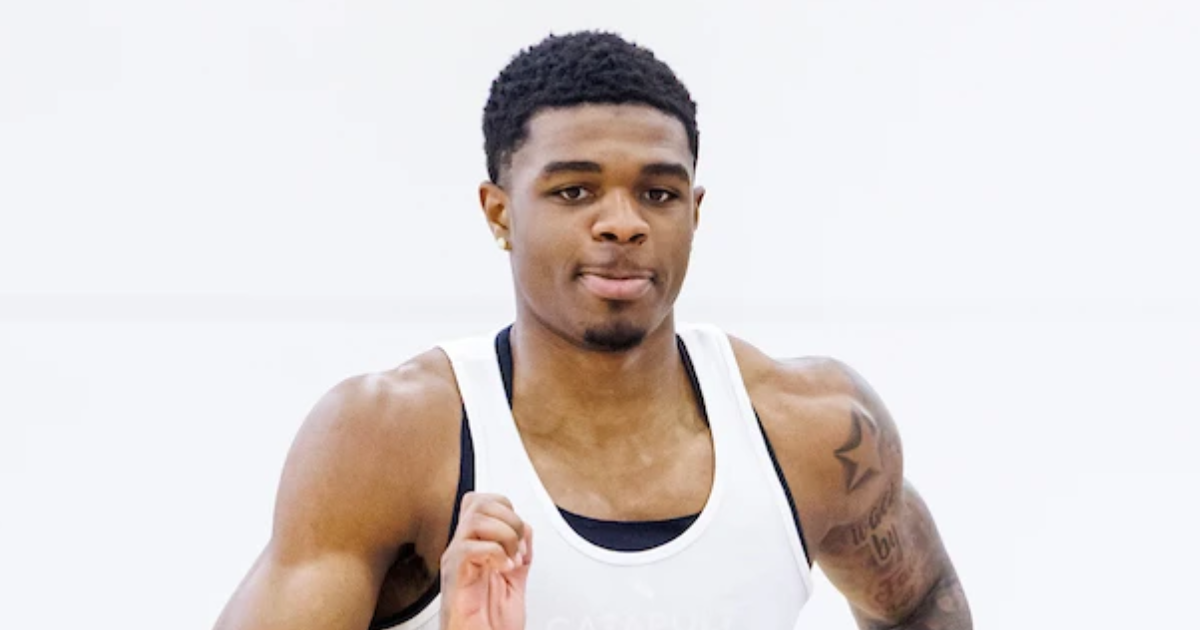
After going through the NBA Draft Combine/NBA Draft process, All-SEC guard Otega Oweh is returning to Kentucky for his senior season of college basketball. Oweh, who averaged 16.2 points, 4.7 rebounds and 1.7 assists last season, is set to be one of the premier faces of the sport this fall.
That means he can once again earn money through NIL. During a media opportunity on Tuesday, the Newark, NJ native was asked how NIL and money are changing college basketball.
“They’re paying us,” Oweh responded with a laugh. “That’s it. That’s a great thing for sure, but I don’t really be keeping up with the settlement stuff like that. As long as we’re getting paid, that’s good for me. Anything extra, that’s cool.”
The settlement Oweh is referring to is the House settlement. Judge Claudia Wilken approved that last Friday in the U.S. Northern District of California, marking a landmark decision in the history of college sports.
Since the NCAA was founded in 1906, institutions had never directly paid athletes. That will now change with the settlement ushering in the revenue-sharing era of college sports. Beginning July 1, schools will be able to share $20.5 million with athletes, with football expected to receive 75%, followed by men’s basketball (15%), women’s basketball (5%) and the remainder of sports (5%). The amount shared in revenue will increase annually.
That July 1 date is symbolic, as the NIL era began four years prior on July 1, 2021. That was the date that states enacting laws would allow college athletes to monetize their name, image and likeness rights. Since then, NIL collectives have formed, the transfer portal window was created and the House settlement was crafted.
“Nah, because when I came into college, that’s when NIL started,” Oweh said when asked if NIL had changed the locker room dynamic. “That’s what I’m used to, really. I’m a senior now, so the guys after me it’s going to be the same with them. It hasn’t really changed anything for me.”
Oweh, who currently has an On3 NIL valuation of $385k (thought that number is likely to rise), will be one of the senior leaders on Mark Pope‘s second roster at Kentucky.
Kentucky brought in the No. 2-ranked Transfer Portal class this offseason. The Wildcats signed guard Denzel Aberdeen (Florida), forward Mouhamed Dioubate (Alabama), guard Jaland Lowe (Pittsburgh), forward Jayden Quaintance (Arizona State), center Reece Potter (Miami OH) and forward Kam Williams (Tulane).
On3’s Pete Nakos contributed to this report.
NIL
The new college sports agency is rejecting some athlete NIL deals with donor-backed collectives – Twin Cities
The new agency in charge of regulating name, image, likeness deals in college sports sent a letter to schools Thursday saying it had rejected deals between players and donor-backed collectives formed over the past several years to funnel money to athletes or their schools. Those arrangements hold no “valid business purpose,” the memo said, and […]
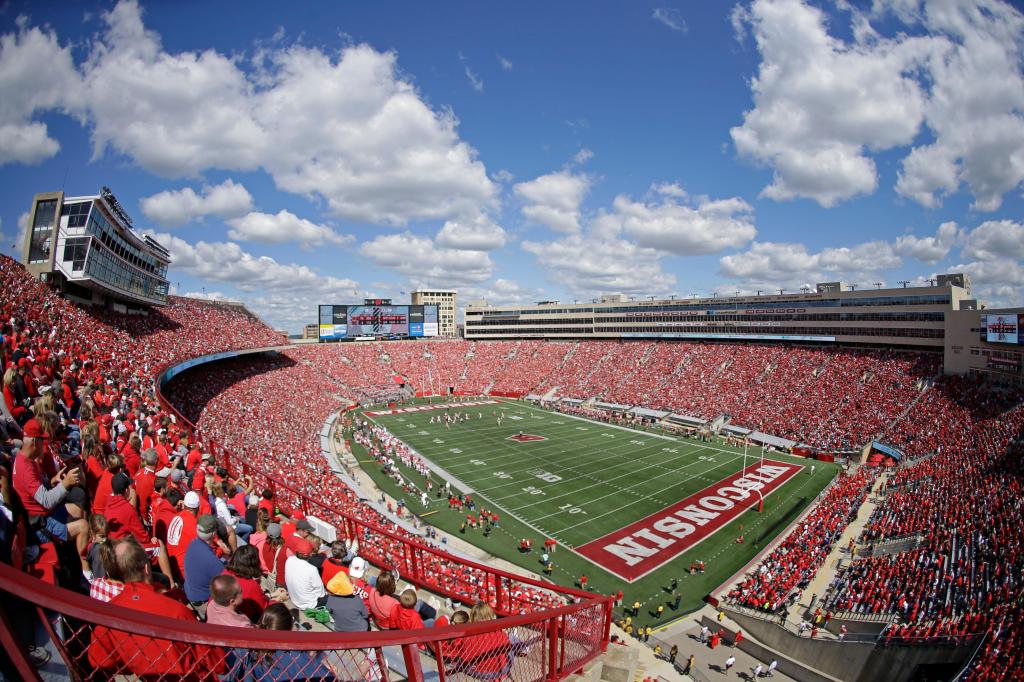
The new agency in charge of regulating name, image, likeness deals in college sports sent a letter to schools Thursday saying it had rejected deals between players and donor-backed collectives formed over the past several years to funnel money to athletes or their schools.
Those arrangements hold no “valid business purpose,” the memo said, and don’t adhere to rules that call for outside NIL deals to be between players and companies that provide goods or services to the general public for profit.
The letter to Division I athletic directors could be the next step in shuttering today’s version of the collective, groups that are closely affiliated with schools and that, in the early days of NIL after July 2021, proved the most efficient way for schools to indirectly cut deals with players.
Since then, the landscape has changed yet again with the $2.8 billion House settlement that allows schools to pay the players directly as of July 1.
Already, collectives affiliated with Colorado, Alabama, Notre Dame, Georgia and others have announced they’re shutting down. Georgia, Ohio State and Illinois are among those that have announced plans with Learfield, a media and technology company with decades of licensing and other experience across college athletics, to help arrange NIL deals.
Outside deals between athlete and sponsor are still permitted, but any worth $600 or more have to be vetted by a clearinghouse called NIL Go that was established by the new College Sports Commission and is being run by the auditing group Deloitte.
In its letter to the ADs, the CSC said more than 1,500 deals have been cleared since NIL Go launched on June 11, “ranging in value from three figures to seven figures.” More than 12,000 athletes and 1,100 institutional users have registered to use the system.
But the bulk of the letter explained that many deals could not be cleared because they did not conform to an NCAA rule that sets a “valid business purpose” standard for deals to be approved.
The letter explained that if a collective reaches a deal with an athlete to appear on behalf of the collective, which charges an admission fee, the standard is not met because the purpose of the event is to raise money to pay athletes, not to provide goods or services available to the general public for profit.
The same would apply to a deal an athlete makes to sell merchandise to raise money to pay that player because the purpose of “selling merchandise is to raise money to pay that student-athlete and potentially other student-athletes at a particular school or schools, which is not a valid business purpose” according to the NCAA rule.
Sports attorney Darren Heitner, who deals in NIL, said the guidance “could disproportionately burden collectives that are already committed to spending money on players for multiple years to come.”
“If a pattern of rejections results from collective deals submitted to Deloitte, it may invite legal scrutiny under antitrust principles,” he said.
On a separate track, some college sports leaders, including the NCAA, are seeking a limited form of antitrust protection from Congress.
The letter said a NIL deal could be approved if, for instance, the businesses paying the players had a broader purpose than simply acting as a collective. The letter uses a golf course or apparel company as examples.
“In other words, NIL collectives may act as marketing agencies that match student-athletes with businesses that have a valid business purpose and seek to use the student’s NIL to promote their businesses,” the letter said.
Originally Published:
NIL
Florida Gators donor Gary Condron wants to see ‘guardrails’ for NIL
USA TODAY Sports spoke with more than 10 boosters at high profile power conference schools about NIL, and only two talked on the record. One of them was University of Florida booster Gary Condron, the largest single financial donor in the history of Gator Boosters, Inc. USA TODAY Sports also interviewed and profiled Texas Tech […]

USA TODAY Sports spoke with more than 10 boosters at high profile power conference schools about NIL, and only two talked on the record. One of them was University of Florida booster Gary Condron, the largest single financial donor in the history of Gator Boosters, Inc.
USA TODAY Sports also interviewed and profiled Texas Tech billionaire booster Cody Campbell, who is working to reform the NIL space and “save college sports”, writes Matt Hayes. Hayes spoke to Condron about the current state of name, image and likeness.
“NIL space for boosters is like throwing money into a deep, dark hole with little to no return on the investment,” Condron said. “Nobody likes this. Not athletic directors, not coaches, not boosters. The only ones who like it are the players, and the attorneys and agents.”
Condron, 67, was a walk-on baseball player at Florida in the mid-1970s and graduated from UF in 1977 with a degree in building construction. He’s the CEO and founder of The Conlan Company, one of the leading builders for Amazon’s distribution centers around the country.
In addition to his support for Gator Boosters, Inc., Condron has helped fund the rosters for football, men’s basketball, baseball and other UF sports. He recently donated $1 million to Todd Golden’s program after his team won the 2025 national championship and the SEC Tournament.
“Gary’s been incredibly impactful on our success. I’m pretty sure, for football, baseball. He’s done a lot for all these different programs. Gary deserves a ton of credit for the success, because players are incredibly important,” Golden said of Condron after the title celebration at halftime of the spring football game.
“Gary gave us a great gift – and the reality of it is we need a lot more. We need a lot more to retain our players.”
Golden, who also thanked several other donors for their contributions, was able to retain his top frontcourt players and also signed one of the nation’s best transfer classes with three top-100 signees, adding a total of five players to the backcourt with a pair of top-50 recruits.
Condron’s efforts also helped Florida football coach Billy Napier close strong in the 2025 recruiting cycle and UF baseball coach Kevin O’Sullivan reload with his 2025 class, which currently consists of nine transfers and 12 recruits, including Jaden Bastian, Aaron Watson and Jordan Yost.
During his interview with USA TODAY Sports, Condron recalled working multiple jobs to pay his way through college. That process, Condron told Hayes, gets lost in today’s landscape with players getting paid and walk-on spots being eliminated. He would like to see some NIL reform happen.
“I came from a family that didn’t have two nickels to rub together,” Condron said. “If I had an opportunity to eat at the training table (at Florida) it was a blessing for me. If you saw what kids get today, the hair on your neck would stand up. I don’t know how much longer I can (fund NIL) unless we get some guardrails.”
NIL
The new college sports agency is rejecting some athlete NIL deals with donor-backed collectives | News, Sports, Jobs
Camp Randall Stadium is seen during an NCAA college football game between Wisconsin and Miami of Ohio, Sept. 12, 2015, in Madison, Wis. (AP Photo/Aaron Gash, File) The new agency in charge of regulating name, image, likeness deals in college sports sent a letter to schools Thursday saying it had rejected deals between players and […]


Camp Randall Stadium is seen during an NCAA college football game between Wisconsin and Miami of Ohio, Sept. 12, 2015, in Madison, Wis. (AP Photo/Aaron Gash, File)
The new agency in charge of regulating name, image, likeness deals in college sports sent a letter to schools Thursday saying it had rejected deals between players and donor-backed collectives formed over the past several years to funnel money to athletes or their schools.
Those arrangements hold no “valid business purpose,” the memo said, and don’t adhere to rules that call for outside NIL deals to be between players and companies that provide goods or services to the general public for profit.
The letter to Division I athletic directors could be the next step in shuttering today’s version of the collective, groups that are closely affiliated with schools and that, in the early days of NIL after July 2021, proved the most efficient way for schools to indirectly cut deals with players.
Since then, the landscape has changed yet again with the $2.8 billion House settlement that allows schools to pay the players directly as of July 1.
Already, collectives affiliated with Colorado, Alabama, Notre Dame, Georgia and others have announced they’re shutting down. Georgia, Ohio State and Illinois are among those that have announced plans with Learfield, a media and technology company with decades of licensing and other experience across college athletics, to help arrange NIL deals.
Outside deals between athlete and sponsor are still permitted, but any worth $600 or more have to be vetted by a clearinghouse called NIL Go that was established by the new College Sports Commission and is being run by the auditing group Deloitte.
In its letter to the ADs, the CSC said more than 1,500 deals have been cleared since NIL Go launched on June 11, “ranging in value from three figures to seven figures.” More than 12,000 athletes and 1,100 institutional users have registered to use the system.
But the bulk of the letter explained that many deals could not be cleared because they did not conform to an NCAA rule that sets a “valid business purpose” standard for deals to be approved.
The letter explained that if a collective reaches a deal with an athlete to appear on behalf of the collective, which charges an admission fee, the standard is not met because the purpose of the event is to raise money to pay athletes, not to provide goods or services available to the general public for profit.
The same would apply to a deal an athlete makes to sell merchandise to raise money to pay that player because the purpose of “selling merchandise is to raise money to pay that student-athlete and potentially other student-athletes at a particular school or schools, which is not a valid business purpose” according to the NCAA rule.
Sports attorney Darren Heitner, who deals in NIL, said the guidance “could disproportionately burden collectives that are already committed to spending money on players for multiple years to come.”
“If a pattern of rejections results from collective deals submitted to Deloitte, it may invite legal scrutiny under antitrust principles,” he said.
On a separate track, some college sports leaders, including the NCAA, are seeking a limited form of antitrust protection from Congress.
The letter said a NIL deal could be approved if, for instance, the businesses paying the players had a broader purpose than simply acting as a collective. The letter uses a golf course or apparel company as examples.
“In other words, NIL collectives may act as marketing agencies that match student-athletes with businesses that have a valid business purpose and seek to use the student’s NIL to promote their businesses,” the letter said.
NIL
CHSAA rolls out bylaws regarding NIL, Practice Dates, and more
GRAND JUNCTION, Colo. (KKCO) – The Colorado High School Sports season still remain a ways away but some changes for next season are already in effect. The Colorado High School Athletics Association (CHSAA) has implemented some of their new bylaws for the 2025-2026 school year Some of the changes include sports like Ice Hockey potentially […]
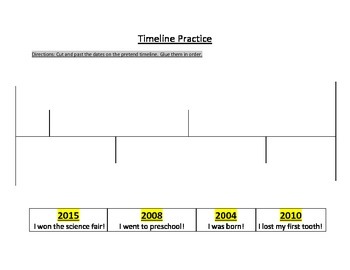

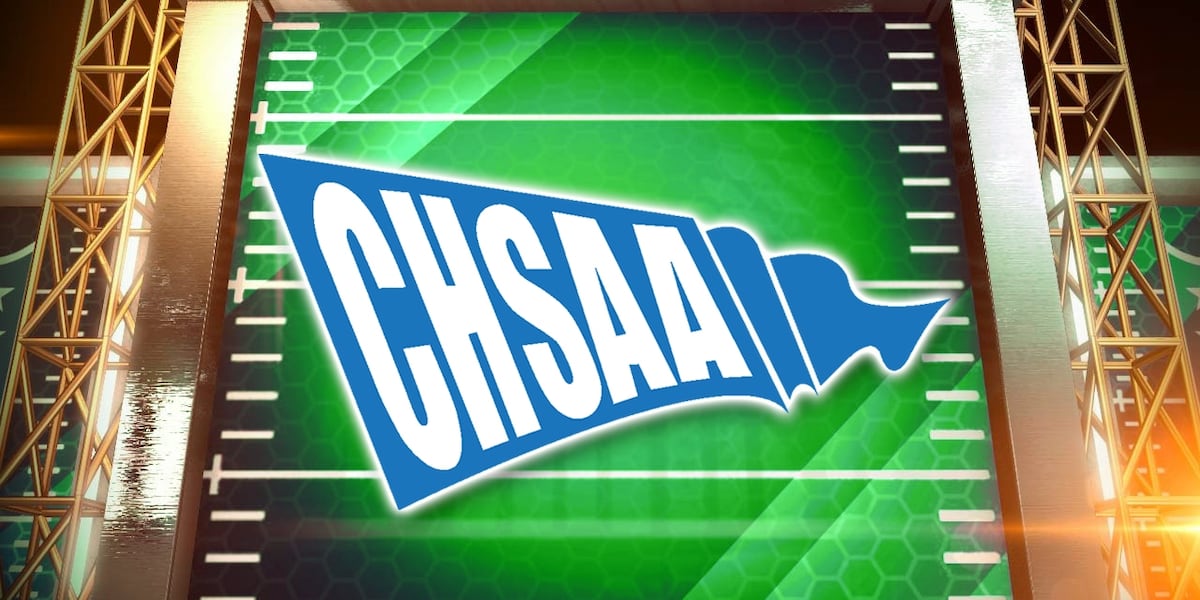
GRAND JUNCTION, Colo. (KKCO) – The Colorado High School Sports season still remain a ways away but some changes for next season are already in effect.
The Colorado High School Athletics Association (CHSAA) has implemented some of their new bylaws for the 2025-2026 school year
Some of the changes include sports like Ice Hockey potentially being able to practice on Sundays, so long as teams are not superseding six days of practice per week.
One of the big things addressed in the new bylaws is a clarification on the Amateur Status, specifically regarding use of Name Image & Likeness a.k.a. a buzz phrase in amateur athletics in 2025, NIL.
While no changes were made to CHSAA’s policy, they did tighten up the language to clarify the exact parameters for student athletes going forward.
Amateur Status (Name, Image & Likeness)Constitution & Bylaws, Article 20, Rules 2000.1-2000.8
- Clarification around amateur status was added to the bylaws. In summary, a student may benefit from the use of their name, image and likeness (NIL) provided the NIL is not connected to their CHSAA high school, team or activity program. Bylaw 2000.4 outlines additional guidelines around NIL.
“CHSAA’s goal with the updated NIL bylaw was simply to clarify, not change, what is already allowed. For the average high school athlete in Colorado, nothing new is being added or taken away. The updated language doesn’t expand or restrict NIL opportunities; it just makes the expectations and boundaries more clear. We recognized that the original bylaw left room for confusion, so this revision is about providing better guidance for athletes, families, and school administrators so that everyone has a shared understanding of what is and isn’t allowed. In short, student-athletes can still engage in NIL activities as long as they remain separate from school teams, school branding, or any association with CHSAA. The new bylaw just spells that out more clearly to support consistent application across the state,” CHSAA Director of Communications Amanda McClure said in a written statement.
You can find the full list of newly implemented bylines here.
Copyright 2025 KKCO. All rights reserved.
NIL
Bill in Congress would bar using student fees for athletics
Jul 10, 2025, 09:14 PM ET WASHINGTON — A bill to regulate college sports introduced in the House on Thursday would offer limited antitrust protection for the NCAA, while barring schools from using student fees to pay for college athletic programs. Co-sponsors of the SCORE Act includes seven Republicans and two Democrats, which gives the […]
WASHINGTON — A bill to regulate college sports introduced in the House on Thursday would offer limited antitrust protection for the NCAA, while barring schools from using student fees to pay for college athletic programs.
Co-sponsors of the SCORE Act includes seven Republicans and two Democrats, which gives the bill a fair chance of passage in the House. It would need at least seven Democratic votes in the Senate, where its chances are viewed as slim.
The bill includes the three elements the NCAA has lobbied for: antitrust protections, pre-emption of state laws that regulate name, image, likeness payments, and a section that prevents athletes from becoming employees of their schools.
The bill’s main goal is to set national standards for NIL payments that are dominating the industry in the wake of the approval of a $2.78 billion lawsuit settlement that allows schools to pay athletes.
It also includes a section that purports to protect Olympic programs that some see as threatened because of increased funding that will go to football and basketball. That part calls on schools with at least one coach who earns more than $250,000 to offer at least 16 sports programs. That language mirrors a rule already in effect for NCAA’s top-tier FBS schools.
The ban on using fees to offset costs strikes to the core of some schools’ plans to fund athletic programs, which are looking at ways to pay for the up to $20.5 million they’ll share with athletes.
Clemson earlier this year announced it would implement a $150 “athletic fee” each semester for students starting this fall. Fresno State approved fees of an additional $495 a year, about half of which is to be directed toward athletics.
Other schools, like Tennessee, have announced a “talent fee” to be added to season-ticket renewals. Arkansas is increasing concession prices and many more schools are informing boosters about the increasing price tag for the sports programs they support.
NIL
NCAA Tournament expansion would hurt college basketball, March Madness
Lamont Butler, Andrew Carr on Kentucky’s NCAA transfer portal hopes Following a 78-65 loss to Tennessee in the 2025 NCAA men’s basketball March Madness tournament, Kentucky players Lamont Butler and Andrew Carr made the case for other athletes to transfer to UK. If approved it will feel like college basketball is becoming college football, where […]
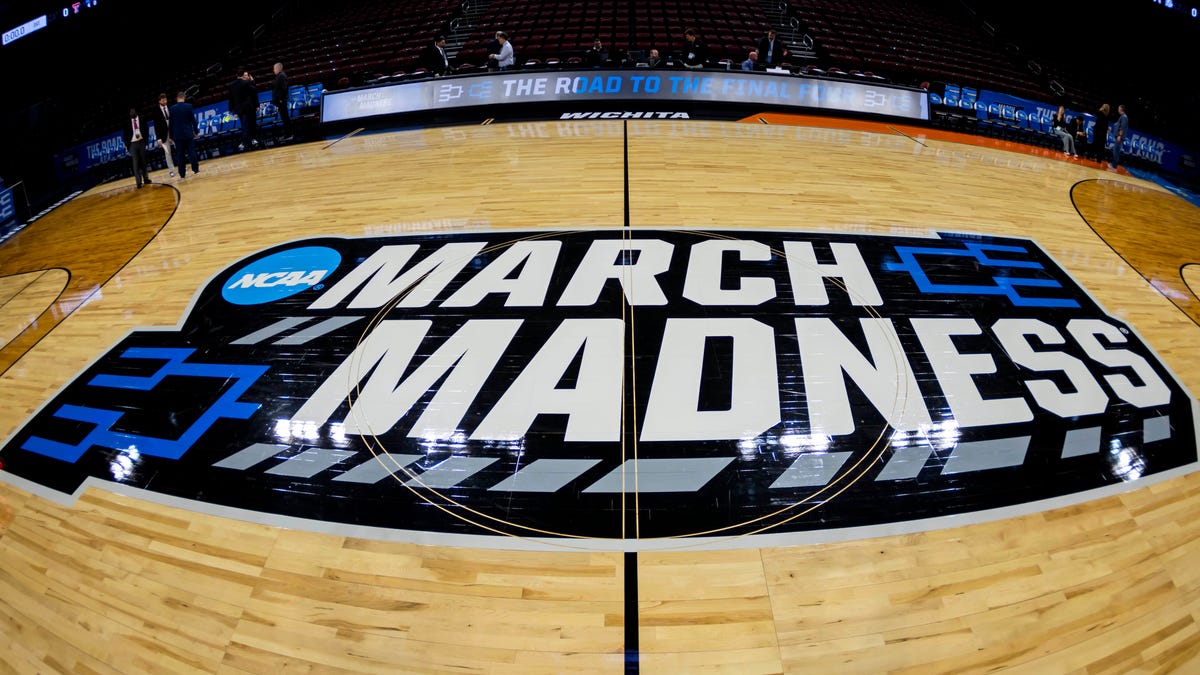
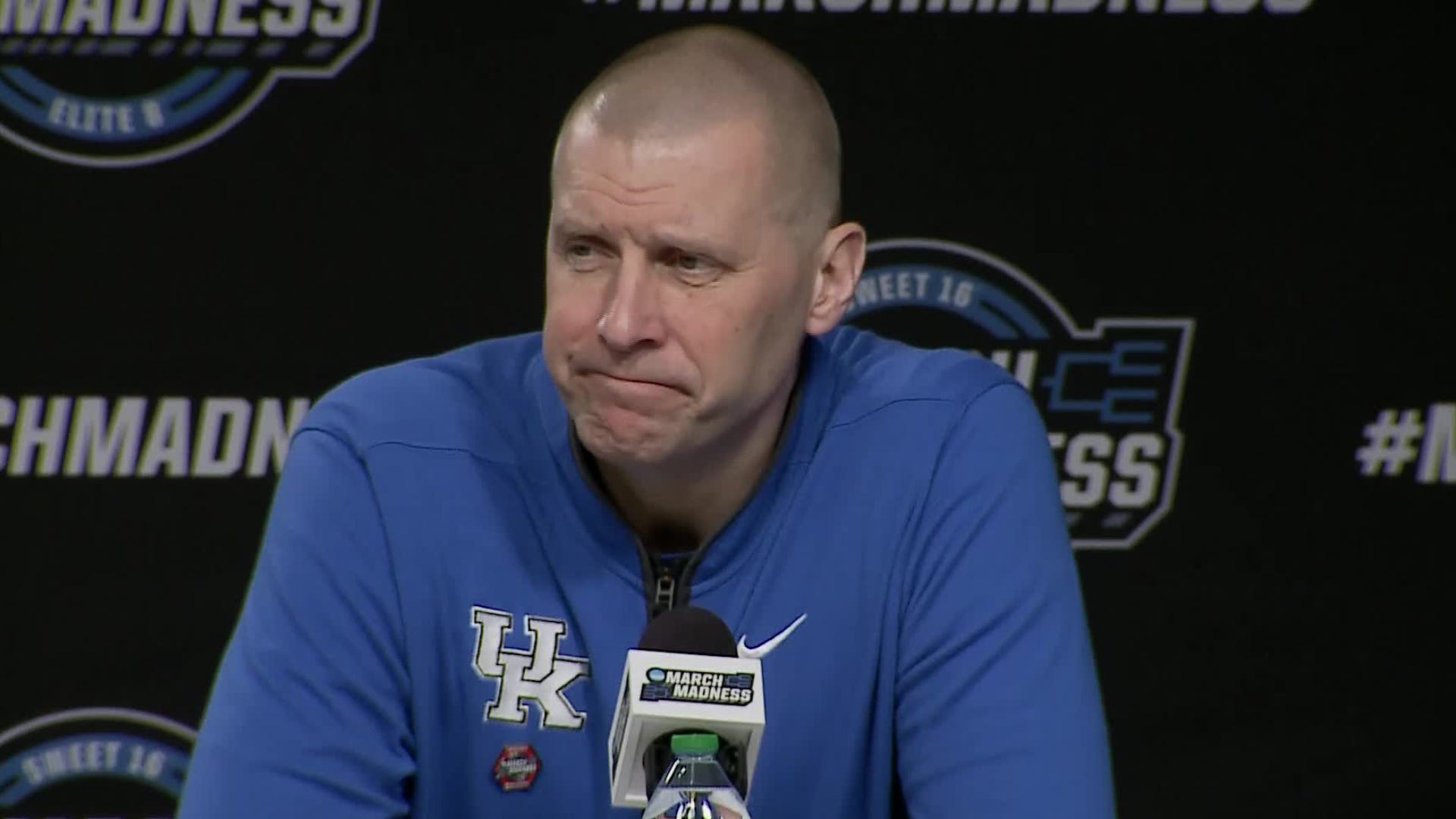
Lamont Butler, Andrew Carr on Kentucky’s NCAA transfer portal hopes
Following a 78-65 loss to Tennessee in the 2025 NCAA men’s basketball March Madness tournament, Kentucky players Lamont Butler and Andrew Carr made the case for other athletes to transfer to UK.
- If approved it will feel like college basketball is becoming college football, where mediocrity is rewarded with bowl trips.
- It’s not just the men’s game that will change, the NCAA women’s basketball tournament would also expand.
Tournament expansion sits squarely as the biggest item on the agenda as the NCAA Division I men’s basketball committee meets in Savannah, Georgia. Any hour now, there could be an announcement that the nation’s best championship sporting event, the NCAA Tournament, will be adding an additional four or eight teams.
For some reason, it seems like they’re clamoring to make college basketball like college football.
The Football Bowl Subdivision watered down its game with the proliferation of so many bowl games. A team that goes 6-6 is now rewarded with a trip, sometimes bowl rings for the winners, all for finishing the regular season without a losing record.
What helped make the tournament’s popularity explode and what turned March into madness was because it was not like college football. It was watching schools many viewers had never heard of, like St. Peter’s in 2022, knock off historical giants like Kentucky.
NCAA Tournament expansion ultimately won’t ruin the collective love for the Big Dance, but that doesn’t mean it’s the right thing to do. Far from it.
It should be tougher to make the tournament, not easier.
As of last season there were 35 bowl games played that were not involved in the College Football Playoff. That means 70 of 134 (52%) teams competing in the Football Bowl Subdivision made the postseason.
One of the arguments present for expanding is that Division I basketball now has 364 schools. That’s about 80 more schools than there were full time in Division I back in 1985 when the tournament expanded to 64 teams.
Bellarmine was among a recent wave of schools reclassifying to Division I. The Knights are not a reason to expand. Had it not been for the NCAA’s arbitrary transition period making them ineligible, they would have already participated in the Big Dance having won the 2022 Atlantic Sun Conference tournament.
The list of new Division I schools hasn’t created a plethora of new conferences taking away automatic bids. And they haven’t added much in terms of winning to the mix either. According to CBS Sports, Division I schools added since 1985 have won only 19 games in the first round or later out of 2,520 games played.
A less publicly stated reason for expansion is about revenue. The NCAA could ask for a bump in its broadcast rights for more games and, in turn, pass those earnings on to the participants. A few coaches that live on the hot seat can tout making the tournament and survive another year.
But those added games aren’t likely to bring any added excitement.
So, please forgive me if I can’t get behind the expansion talk. I can’t be too thrilled that a team like Ohio State, which finished 17-15 last season and was one of the first four out, will be receiving a bid if the field increases to at least 72 teams.
There will be collateral damage, too.
Although the men’s basketball committee is doing the voting, the women’s basketball tournament will follow suit, if approved.
As much as the women’s game is evolving and growing, there is not an extra four or more worthy teams each season that should get bids to the tournament.
Since the First Four was introduced in the women’s tournament in 2022, only one of the eight teams that advanced to the round of 64 has won a game.
Mississippi State won in 2023 as an 11 seed, toppling No. 6 seed Creighton, before losing to No. 3 seed Notre Dame in the second round. There has been no team like UCLA that went from an 11 seed in the 2021 First Four to the Final Four.
As it stands, the gap is still incredibly wide between the top seeds and those that sneak into the women’s tournament. Expanding it will just make for more meaningless and unwatchable games.
Reach sports columnist C.L. Brown at clbrown1@gannett.com, follow him on X at @CLBrownHoops and subscribe to his newsletter at profile.courier-journal.com/newsletters/cl-browns-latest to make sure you never miss one of his columns.
-

 Technology2 weeks ago
Technology2 weeks agoPet fitness and wellness trends for a healthier and happier dog
-

 College Sports2 weeks ago
College Sports2 weeks agoWAC to Rebrand to UAC, Add Five New Members in 2026
-

 Motorsports2 weeks ago
Motorsports2 weeks agoWhy Cosmetics are Making Up for Lost Time in Women’s Sports
-
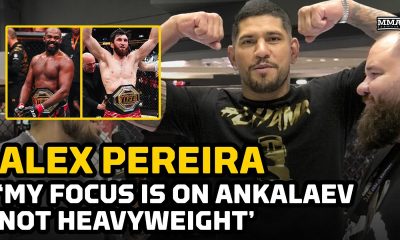
 Professional Sports3 weeks ago
Professional Sports3 weeks agoAlex Pereira responds to rumors of UFC heavyweight title fight with threatening message
-

 College Sports3 weeks ago
College Sports3 weeks agoAlabama Basketball
-

 Professional Sports3 weeks ago
Professional Sports3 weeks agoFrancis Ngannou sends Dana White a message following Jon Jones' shock UFC retirement
-

 College Sports2 weeks ago
College Sports2 weeks agoA new era of Dickinson hockey begins behind the bench – The Dickinson Press
-
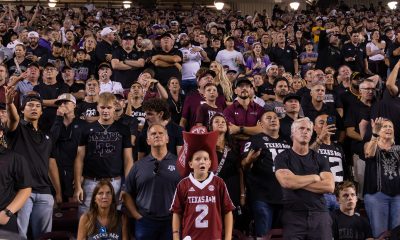
 Sports3 weeks ago
Sports3 weeks agoSEC Conference imposing a fine will create the opposite effect.
-

 Motorsports2 weeks ago
Motorsports2 weeks agoNASCAR This Week – Patriot Publishing LLC
-

 Health2 weeks ago
Health2 weeks agoFlorida assault survivor shares hope for change with new mental health law
















 destinations for Kevin Durant and Giannis Antetokounmpo | First Take
destinations for Kevin Durant and Giannis Antetokounmpo | First Take















